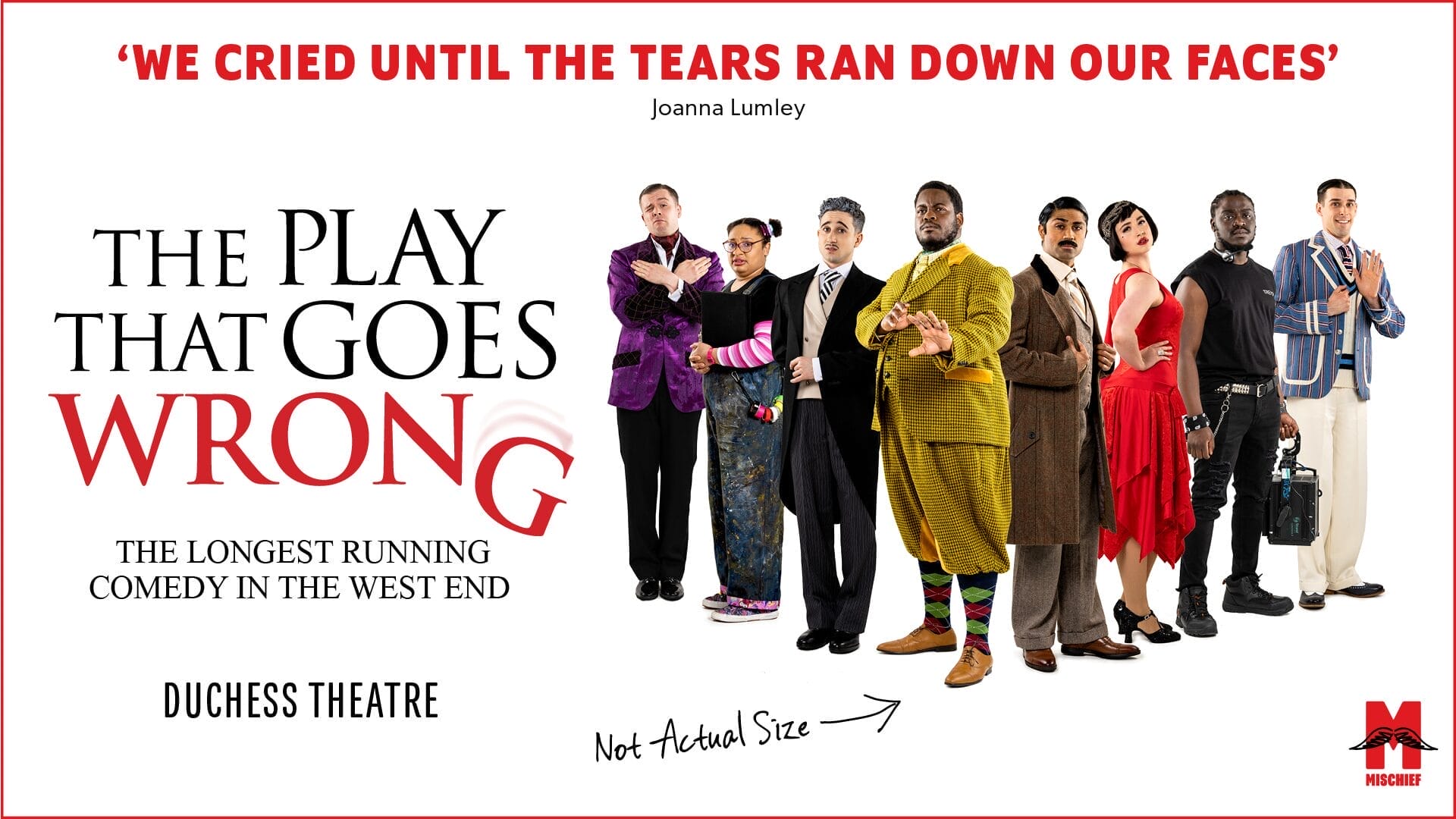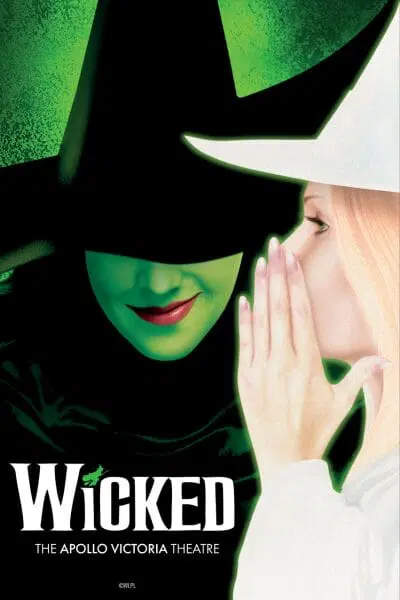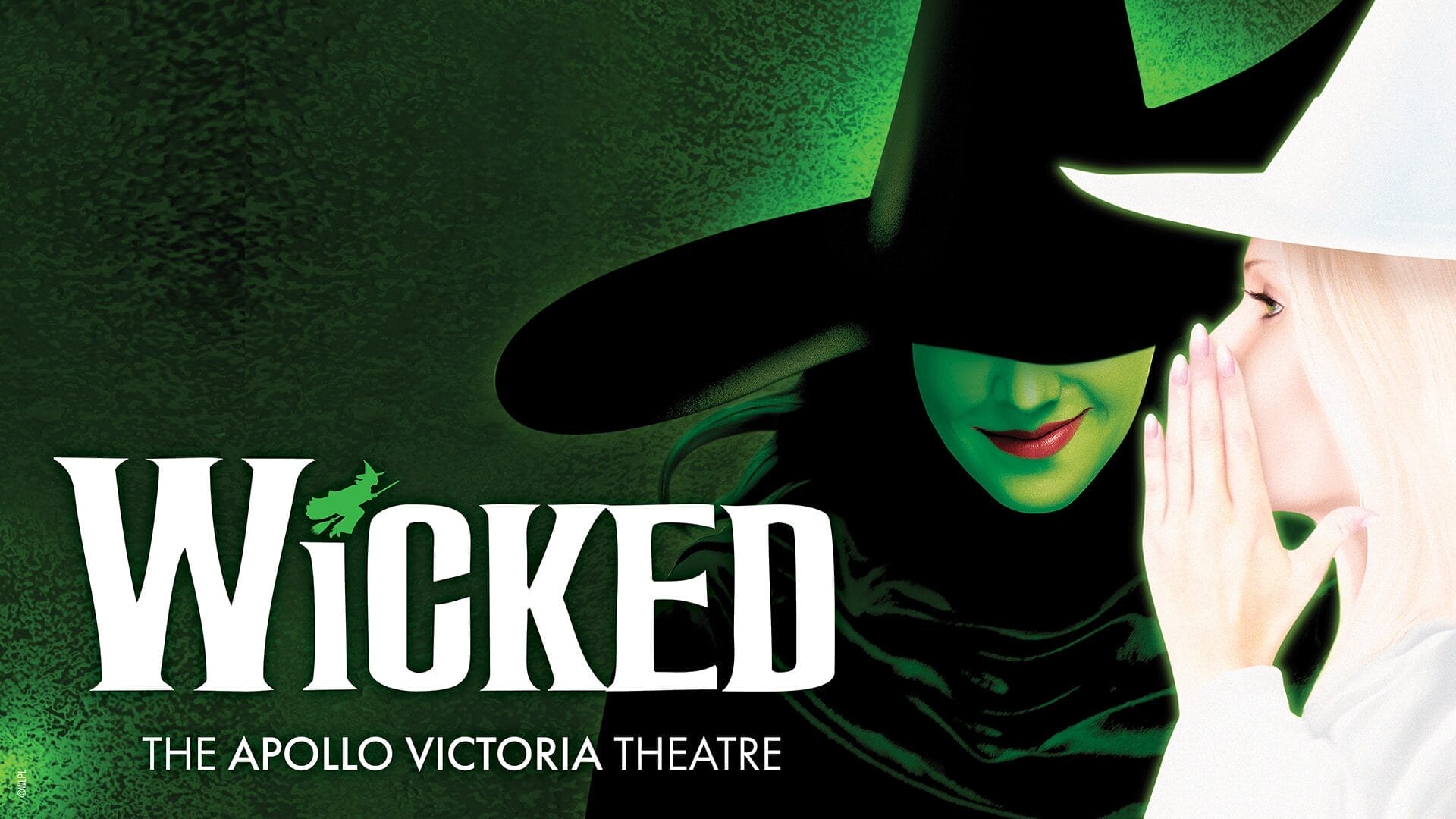The eight major producing venues behind EdFest.com – which comprise Assembly, Dance Base, Gilded Balloon, Just the Tonic, Pleasance, Summerhall, Underbelly and ZOO – collectively commented that soaring accommodation costs are the biggest risk to the Edinburgh Festival Fringe’s future. 1,965,961 tickets were collectively sold by the eight venues in 2019 while more than 1,486,746 are forecast to be sold this year.
A spokesperson for EdFest.com said: “It has been fantastic to be back at the first full Fringe since 2019 – to see the live performance industry come roaring back to life in this post-pandemic world. There has been a real appetite and energy for shared, live experiences in Edinburgh over the last few weeks and the quality of the programme has been incredible – yet, the forecast number of tickets we’ve collectively sold is down 25% compared to 2019 which is a major threat for everyone involved in the festival.
“Together, we eight venues are forecast to have sold more than 1,486,746 tickets despite the very real continuing challenges to our industry, including the cost-of-living crisis, the lingering effects of coronavirus, the cost and uncertainty of international travel, the recent train strikes and more. Chief among these however is the soaring cost of accommodation in Edinburgh in August – audiences and artists alike are being priced out of town, out of experiences.
“It is clear to anyone spending time in Edinburgh, that there are fewer people in the city this year than in 2019. While there are certainly other factors that have affected audience numbers this year; the cost of accommodation is a perennial problem across the board. Disruption with public transport, delays with artist visas, and high fuel costs are even more insurmountable when people and performers simply cannot afford to stay in the city.
We know that a lack of safe, affordable housing is not just an August problem, but one that affects the artists, staff and audiences who call Edinburgh home. It’s imperative that local and national government, landlords, the universities, Fringe venues and the Fringe Society all come together to find a lasting solution for this issue, or the future of the Fringe is in very real danger. Long term we also have to find solutions that allow the festival to be affordable to performers and the audience. Given the extent of the reduction in sales the overall festival has a major job to do in restoring the event to normality, which may take several years and require some public support. We need to stabilise the current situation where many people have made significant losses; to address the accommodation issue; to find ways of supporting work; and a major marketing campaign to get the audience back to the festival.
“Over the past 75 years, the Edinburgh Festival Fringe has earned its reputation as the world’s leading arts festival. We must continue to work together to do everything in our power to ensure that it remains a vibrant, inclusive, and financially accessible destination for another 75 years.”

















